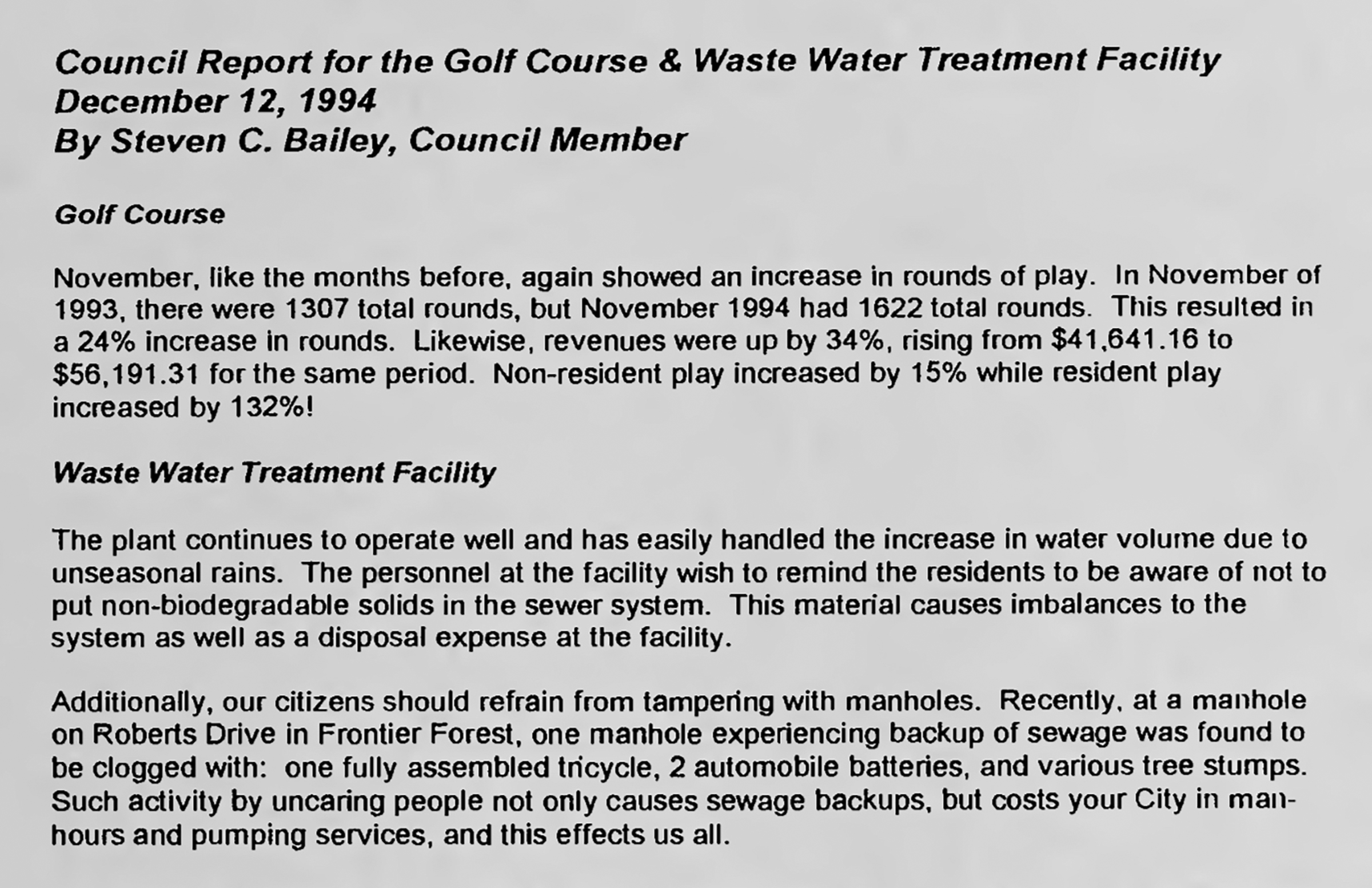In April 1939, the new mayor of Sugar Hill and the new city council held their first meeting at a barbershop. The meeting minutes were handwritten on a ledger. Neither Mayor Alton Tucker nor any of the council members — Theodore Pirkle, Butell Robinson, H.H. Green, Rocky Venable and J.B. Mercier — could have imagined that their documents would have been viewable, in the future, on something called the World Wide Web, the Internet or the Digital Library of Georgia. In later years, the meeting minutes kept by the city clerk would be typed, but, even post WWII, it would have been hard to imagine a time in the future when all the Sugar Hill City Council’s meeting minutes would literally be available at your fingertips on a computer or a phone.
Because of hard work by the Sugar Hill Historic Preservation Society, the Digital Library of Georgia now contains many official records of our community. The collection includes official minutes from Sugar Hill’s council meetings from 1939 until the end of 1994. These digitized meeting minutes provide us with an amazing glimpse at our humble beginnings as a city and our evolution as a community. The early- to mid-1990s are interesting because Sugar Hill was transitioning from a rural to a suburban community. Many of the amenities in our community today, like the Sugar Hill Golf Course, were in the early stages of existence. It was also a time of tension between city council members and residents, as well as between some of the elected officials.
 For example, on Dec. 12, 1994, then council member Steven Bailey gave a report on the golf course and wastewater treatment facility. In it, he talked about an increase in rounds, an increase in revenue and an increase in resident play at the Sugar Hill Golf Course. Readers of the meeting minute can almost feel the excitement from the written words of Bailey’s report. He also reported on some challenges related to the community’s waste and stormwater system. A manhole backing up with sewage was found to be clogged with a tricycle, two car batteries and tree stumps. It is hard not to smile when reading the words about a timeless problem faced by local governments and the clear chastisement of negligent residents, and voters, by Bailey.
For example, on Dec. 12, 1994, then council member Steven Bailey gave a report on the golf course and wastewater treatment facility. In it, he talked about an increase in rounds, an increase in revenue and an increase in resident play at the Sugar Hill Golf Course. Readers of the meeting minute can almost feel the excitement from the written words of Bailey’s report. He also reported on some challenges related to the community’s waste and stormwater system. A manhole backing up with sewage was found to be clogged with a tricycle, two car batteries and tree stumps. It is hard not to smile when reading the words about a timeless problem faced by local governments and the clear chastisement of negligent residents, and voters, by Bailey.
In city council meeting minutes from August 1994, a resident named Tom Watson is noted as publicly asking then Mayor Gary Webster and two city council members to resign. Readers of the meeting minutes can almost picture the resident standing in front of the mayor and council and pointing his finger at each of the three individuals. The minutes also mention an apology by Mayor Webster, but there is no indication of the nature of the offense felt by the resident, so we are left with a mystery.
Also, in November 1994, city council meeting minutes suggest tension between elected officials. Council member Reuben Davis states, in his report, that he resented certain comments made during the meeting. Later, during public comments, a resident by the name of David Edwards is referenced:
“Mr. David Edwards expressed his feelings about this season of the year and stated that he does not like the way the meeting went tonight, and he challenged the Council to work together to find the many good things that can be for this city. He stated that if Council cannot do it alone, ask the residents and they will be glad to help. He wished everyone a Merry Christmas.”
There are many pieces of the puzzle that go into building a sense of community — history is an important component. Through the Digital Library of Georgia’s archives, we now have an important view into our past as a community. Even though Sugar Hill is not a very old city, it is interesting that many of the same community conversations are occurring in our modern society. History has an amazing way of connecting our past, present and future.
Brandon Hembree is mayor of Sugar Hill. He is a 20-year resident of the city, and he uses his interest in history to detail Sugar Hill’s rich past.




